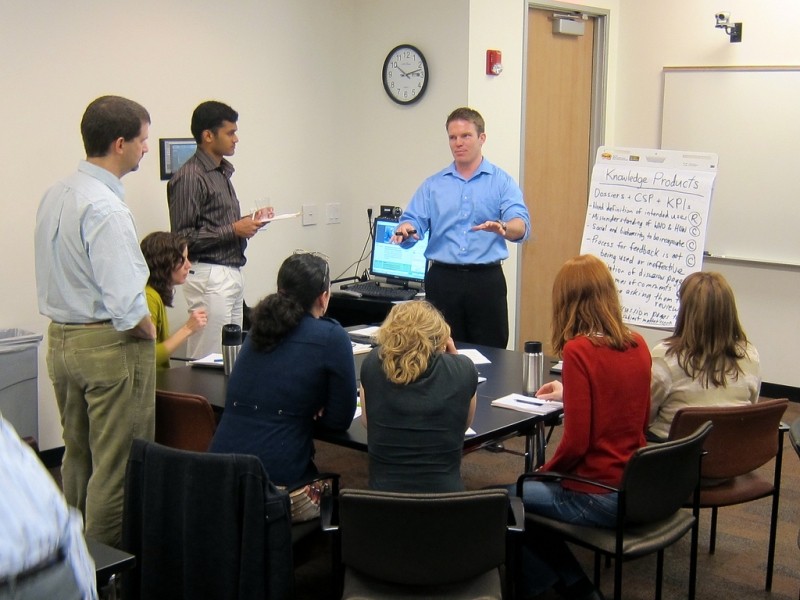Team building activities and experiential learning are not just trends in corporate culture, but are essential components for the development and growth of successful teams. Effective teamwork is crucial in achieving organizational objectives and fostering harmonious relationships among team members. This article highlights some of the benefits of team building activities and experiential learning in promoting team cohesion and individual growth.

Improved Communication and Collaboration
Team building activities provide an opportunity for team members to interact with each other outside the work environment, fostering social bonds and improving communication. By engaging in activities that require collaboration and teamwork, individuals learn to appreciate and leverage each other’s strengths and weaknesses. Enhanced communication and collaboration skills result in the efficient sharing of ideas and information, leading to better decision-making and problem-solving.
Developing New Skills and Knowledge
Experiential learning provides individuals with the opportunity to learn and apply new skills through practical experience. Team building activities that involve problem-solving, goal setting, and strategic planning provide team members with an opportunity to acquire and practice new skills. This, in turn, leads to increased confidence and motivation to take on new challenges in the workplace.
Encouraging Creativity and Innovation
Team building activities are great innovative tools that can spur creativity and innovation among team members. By taking on new challenges, team members can come up with new ideas and solutions to problems that they may not have otherwise considered. This helps to foster an environment of creativity and innovation, leading to enhanced productivity and competitiveness.

Increased Trust and Cohesion
Team building activities help to establish trust and cohesion among team members. Activities that promote teamwork, problem-solving, and collaboration create an environment of mutual trust and respect, leading to the development of strong bonds between team members. This creates a sense of belonging, leading to increased job satisfaction and motivation in the workplace.
Reduced Stress Levels and Improved Mental Health
Experiential learning helps to reduce stress levels and improve mental health, enabling individuals to cope better with work-related challenges. Team building activities that provide opportunities for relaxation and stress relief are beneficial in improving employee well-being. This results in increased productivity, job satisfaction, and employee retention.
Team building activities and experiential learning provide numerous benefits to organizations, including enhanced communication and collaboration, developing new skills and knowledge, encouraging creativity and innovation, increased trust and cohesion, and reduced stress levels. Through these activities, teams can adapt better to the ever-changing business environment, ultimately leading to long-term success.




